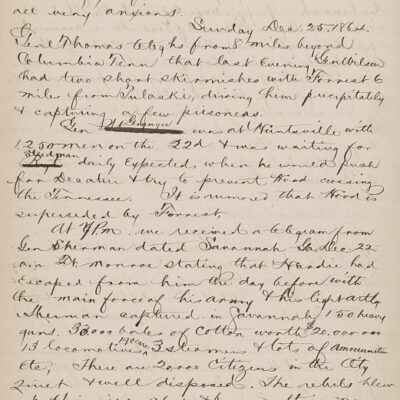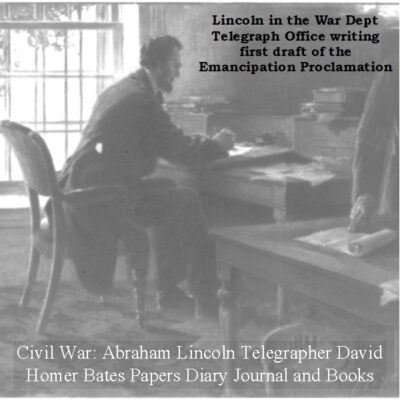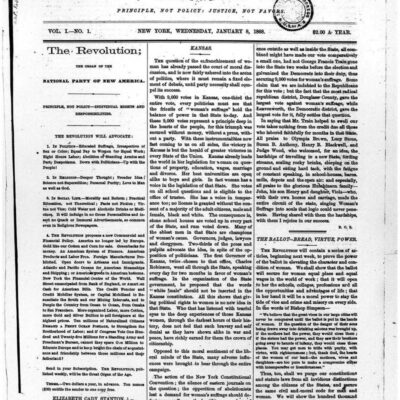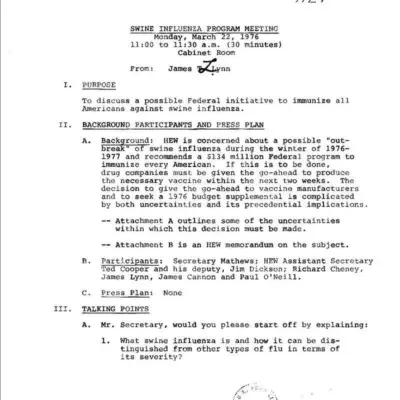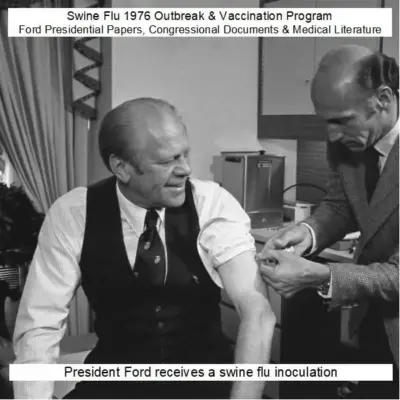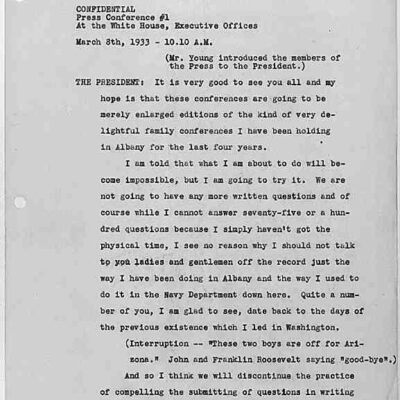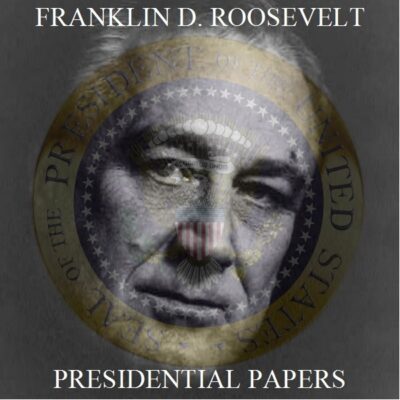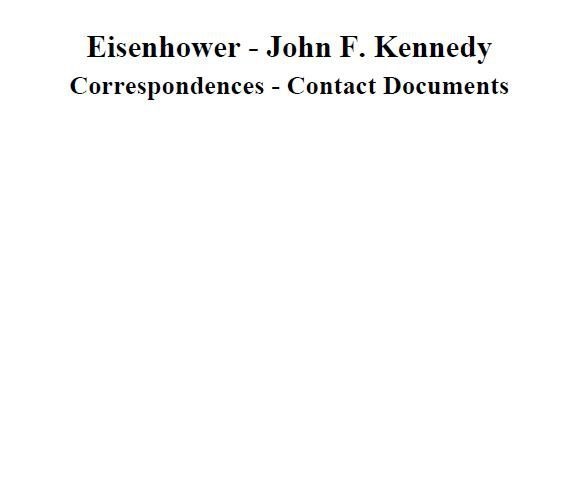
Description
Eisenhower and Kennedy: A Presidential Transition and Partnership
Timeline of Main Events
- March 1960 – November 1960: Senator John F. Kennedy and President Dwight D. Eisenhower correspond regarding various world situations.
- During the 1960 Presidential Campaign: Senator Kennedy writes to President Eisenhower expressing concerns that the election might negatively impact nuclear test ban treaty negotiations.
- August 1960: President Eisenhower contacts Senator Kennedy to facilitate briefings for the Democratic presidential nominee from the Department of Defense and the CIA on global issues.
- Pre-Inauguration (Late 1960 – Early 1961): President-elect Kennedy and President Eisenhower hold briefings and meetings as part of the transition of power. Topics discussed include:
- North Atlantic Treaty Organization (NATO) nuclear sharing.
- Laos.
- The Congo.
- Algeria.
- Disarmament.
- Nuclear test suspension negotiations.
- Cuba and Latin America.
- United States balance of payments and the gold outflow.
- The need for a balanced budget.
- January 19, 1961 (Day before Kennedy’s inauguration): Kennedy dictates notes about a meeting with Eisenhower at the White House. A significant portion of the discussion (45 minutes) focuses on emergency procedures in case of an immediate attack. Eisenhower demonstrates the “Opal Drill Three” helicopter evacuation procedure.
- January 20, 1961 – September 1963: President John F. Kennedy and former President Dwight D. Eisenhower continue to interact.
- Post-Inauguration (1961-1963): President Kennedy’s administration and the President himself confer with former President Eisenhower on world events.
- Ongoing Correspondence: Letters and memos throughout the collection document these consultations and personal exchanges, including congratulations.
- Briefings for Eisenhower: Former President Eisenhower receives direct briefings from CIA Director John A. McCone.
- Laos Crisis: Eisenhower advises President Kennedy, indicating he would publicly support sending American troops to Laos, warning of the severe consequences of losing Southeast Asia and the potential for communist expansion through Indonesia, effectively “cutting the world in half.”
- Restoration of Eisenhower’s Military Rank: Correspondence details President Kennedy’s efforts to reinstate Eisenhower’s five-star general rank.
- June 1963: President Kennedy seeks Eisenhower’s support to help pass his Civil Rights Bill through Congress.
Cast of Characters
- Dwight D. Eisenhower: The 34th President of the United States (1953-1961). Prior to his presidency, he was a five-star general in the United States Army and served as the Supreme Allied Commander Europe during World War II. After leaving office, he continued to be a respected figure and advisor on national security and other policy matters.
- John F. Kennedy: The 35th President of the United States (1961-1963). Before becoming president, he served as a U.S. Representative and a U.S. Senator from Massachusetts. His presidency was marked by events such as the Cuban Missile Crisis, the space race, and early efforts in the Civil Rights Movement. He actively sought the advice of his predecessors, including Eisenhower, on critical foreign and domestic policy issues.
- George W. Ball: A prominent Kennedy advisor. He prepared a memo briefing book for President-elect Kennedy outlining domestic and international issues that would be discussed during meetings with President Eisenhower as part of the transition of power. This indicates his role in facilitating the handover of knowledge and policy perspectives between the two administrations.
- Evelyn Lincoln: John F. Kennedy’s personal secretary. The source mentions her taking notes dictated by Kennedy immediately after his final pre-inauguration meeting with President Eisenhower. This highlights her close access to and documentation of key presidential interactions.
- John A. McCone: Director of the Central Intelligence Agency (CIA) during the Kennedy administration. The documents reveal that McCone directly briefed former President Eisenhower on intelligence matters, underscoring the continued importance of Eisenhower’s insights on national security.
Eisenhower – John F. Kennedy Correspondences – Contact Documents
Documents dealing with the relationship between Presidents Eisenhower and Kennedy. The files date from March 1960 to September 1963.
Earlier material mainly concern briefings and meetings between then Senator and President-Elect Kennedy and President Eisenhower. Topics include North Atlantic Treaty Organization (NATO) nuclear sharing, Laos, the Congo, Algeria, disarmament, nuclear test suspension negotiations, Cuba and Latin America, United States balance of payments and the gold outflow, and the need for a balanced budget. Personal messages and congratulations are found throughout.
Later material mainly covers briefings and meetings between President Kennedy and former President Eisenhower. Topics include Laos, Cuba, the United States limited war capability, and the flow of gold. Correspondence concerning the restoration of Eisenhower’s former military rank is also included.
Highlights among the documents include:
During the 1960 presidential campaign, Senator Kennedy wrote to President Eisenhower about his concerns that the election might have a negative impact on the nuclear test ban treaty negotiations.
In August 1960, President Eisenhower contacted Senator Kennedy to pave the way for the Democratic presidential nominee to begin receiving briefings from the Department of Defense and the CIA on the vary of world situations.
A memo briefing book prepared by Kennedy advisor George W. Ball covers the domestic and international issues President-elect Kennedy would hold meetings on with President Eisenhower as part of the transition of power.
The day before Kennedy was sworn in as President, he dictated notes to his secretary Evelyn Lincoln about the meeting held with President Eisenhower earlier that day at the White House. The first topic involved a 45-minute conversation on the emergency procedures in place in case of an immediate attack. According to Kennedy, Eisenhower seemed eager to demonstrate the method of summering a helicopter to whisk the President away, as he picked up a telephone and gave the command, “Opal Drill Three.”
Correspondences relate the effort s of President Kennedy to re-instate Eisenhower’s rank as a five star general.
Letters and memos throughout this collection mark that the Kennedy Administration and the President himself conferred with President Eisenhower on world events.
The papers show that Eisenhower received briefings directly from CIA director John A. McCone.
A document relays that Eisenhower would give pubic support to JFK if he were to send American troops into Laos.
A memo From CIA Director McCone says that while discussing Laos, Eisenhower warned of the consequences of losing Southeast Asia, pointing out that if it is lost nothing would stop the southward movement of Communism through Indonesia and this would have the effect of cutting the world in half.
In June of 1963, President Kennedy sought out the help of Eisenhower to get his Civil Rights Bill through Congress.
